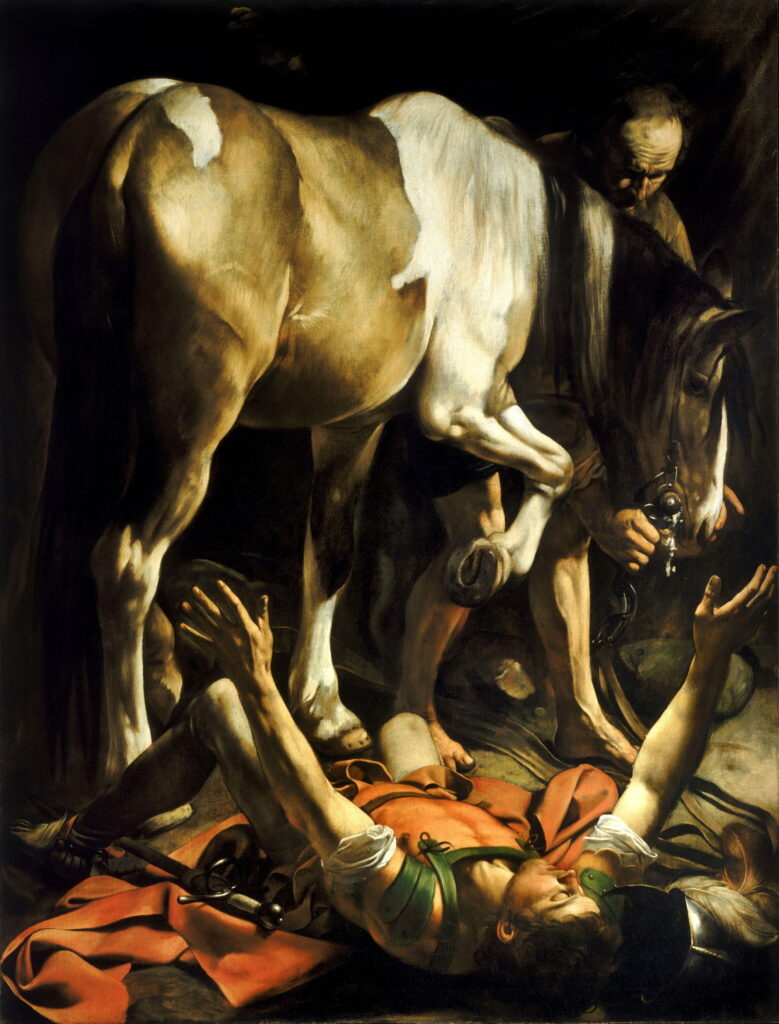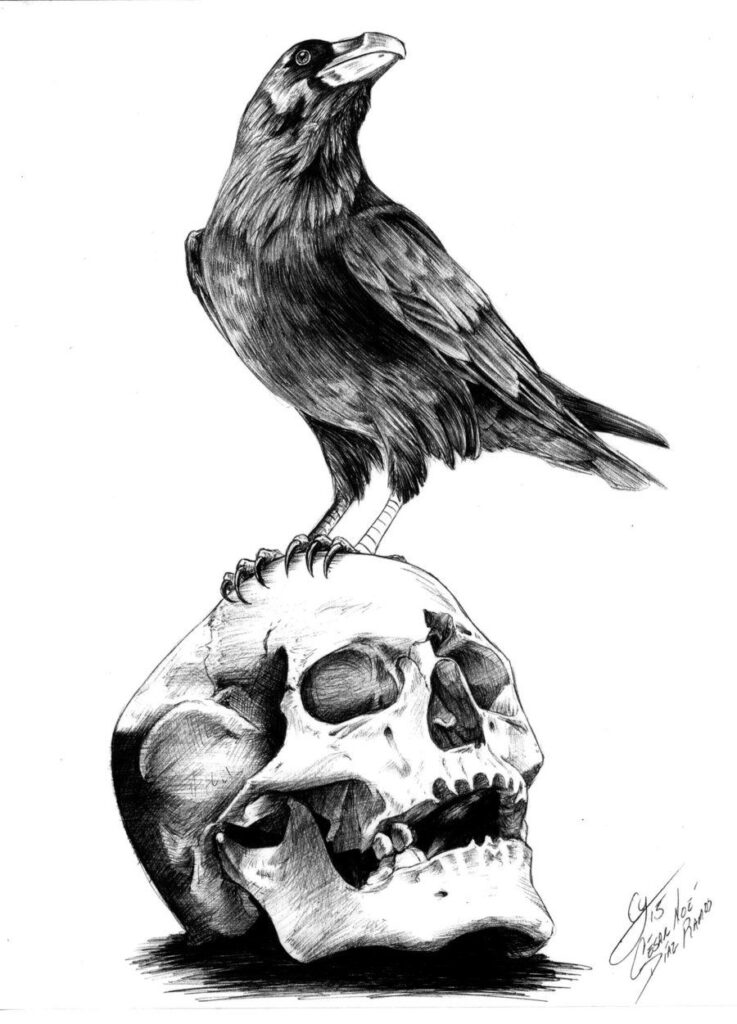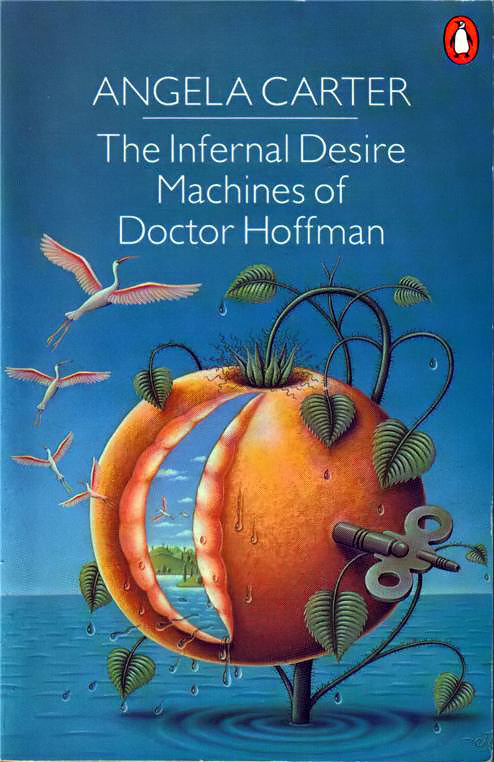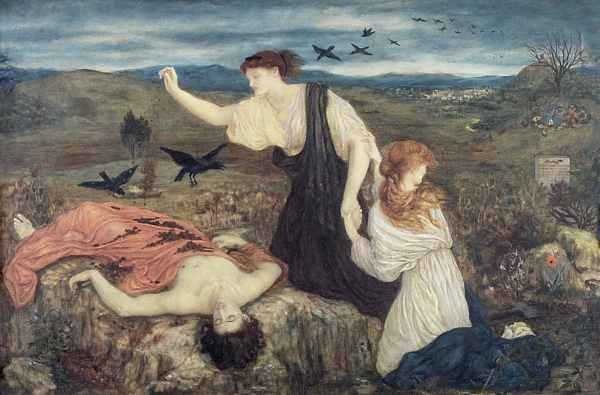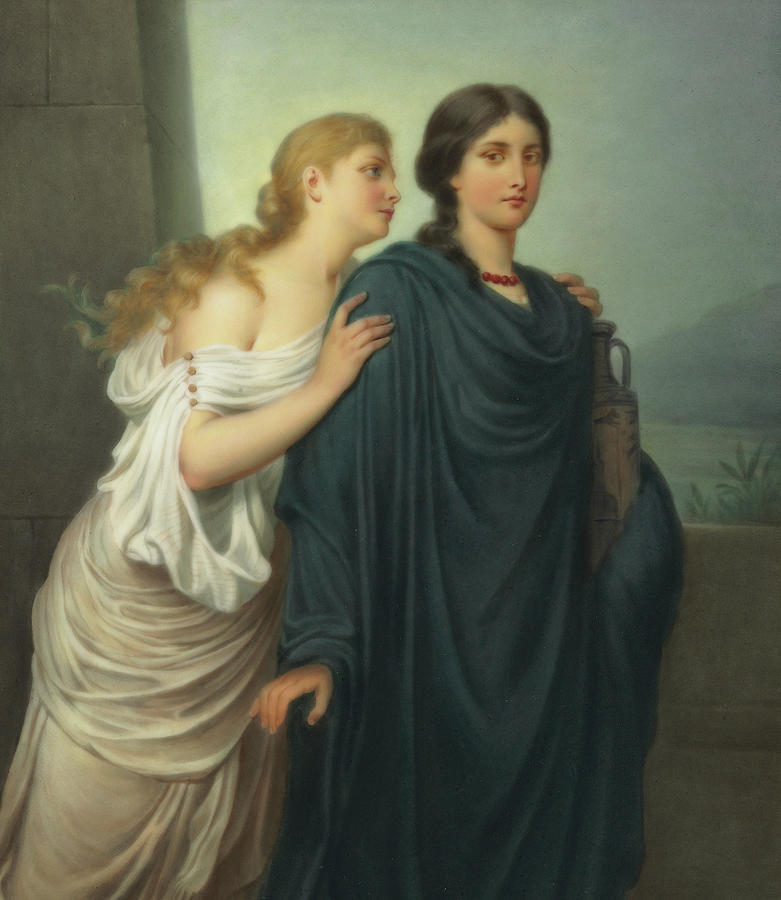Note: If you wish to receive, via e-mail, (1) my weekly newsletter or (2) daily copies of these posts, notify me at rrbates1951@gmail.com and indicate which you would like. I promise not to share your e-mail address with anyone. To unsubscribe, send me a follow-up email.
Thursday
Of the many potential dangers posed by Artificial Intelligence, it appears that one may involve messing with elections. During the recently completed New Hampshire primary, a Boston University professor of Journalism and Emerging Media Studies reports AI being used to fake a Joe Biden robo-call to potential voters. Joan Donovan writes that the call urged Democrats not to participate in the GOP’s January 23 primary election.
New Hampshire is one of those states where voters have opportunities to cross party lines to vote, and Trump was worried about liberals voting for Trump’s opponent Nikki Haley to keep him from getting his party’s nomination. Donovan explains, “In a media ecosystem full of noise, scrambled signals such as deepfake robocalls make it virtually impossible to tell facts from fakes.”
Apparently, all one need to in creating a fake robocall is
selecting a politician, celebrity or executive like Joe Biden, Donald Trump or Elon Musk from a menu and typing a script of what you want them to appear to say, and the website creates the deepfake automatically. Though the audio and video output is usually choppy and stilted, when the audio is delivered via a robocall it’s very believable. You could easily think you are hearing a recording of Joe Biden, but really it’s machine-made misinformation.
Three years ago, as we saw Trump use his stolen election lie to regain control over his party, I noted that Angela Carter has written a novel in which fake reality sweeps aside all resistance. Since the situation has gotten even worse— close to 70% of Republicans now think that Joe Biden was illegitimately elected—I’m reposting an updated version of my earlier essay.
I once taught The Infernal Desire Machines of Doctor Hoffman (1973) in a British fantasy class and found it so unpleasant that I vowed never to assign it again. Now, however, it has the ring of truth. The villain is the 19th century German author E.T.A. Hoffman, who wrote The Nutcracker and the Mouse King and other works of fantasy and gothic horror. In Carter’s novel, Hoffman is the creator of city-wide illusions. Once he gets to work, no one can tell what is real and what is fake.
The changes start imperceptibly, just as Trumpian reality did. Narrator Desiderio, who believes in Reason, is one of the first people to notice
how the shadows began to fall subtly awry and a curious sense of strangeness invaded everything….And the Doctor started his activities in very small ways. Sugar tasted a little salty, sometimes. A door one had always seen to be blue modulated by scarcely perceptible stages until, suddenly, it was a green door.
When the unreality plague is at its height, anything is possible. Here’s a small sampling:
The sense of space was powerfully affected so that sometimes the proportions of buildings and townscapes swelled to enormous, ominous sizes or repeated themselves over and over again in a fretting infinity. But this was much less disturbing than the actual objects which filled these gigantesque perspectives. Often in vaulted architraves of railway stations, women in states of pearly, heroic nudity, their hair elaborately coiffed in the stately chignons of the fin de siècle, might be seen parading beneath their parasols as serenely as if they had been in the Bois de Boulogne…Sometimes the river ran backwards and crazy fish jumped out to flop upon the sidewalks and wriggle around on their bellies for a while until they died…It was, too, the heyday of trompe l’oeil for painted forms took advantage of the liveliness they mimicked. Horses from the pictures of Stubbs in the Municipal Art Gallery neighed, tossed their manes and stepped delicately off their canvases to go crop the grass in public parks. A plump Bacchus wearing only a few grapes strayed from a Titian into a bar and there instituted Dionysiac revelry.
Will this doesn’t sound too bad, there are darker illusions as well:
Frequently, imaginary massacres filled the gutters with blood and, besides, the cumulative psychological effect of all these distortions, combined with the dislocation of everyday life and the hardship of privations we began to suffer, created a deep-seated anxiety and a sense of profound melancholy. It seemed each one of us was trapped in some downward-dropping convoluted spiral of unreality from which we could never escape. Many committed suicide.
“Downward-dropping convoluted spiral of unreality from which we could never escape” pretty much describes what presidency under Trump felt like and what we could expect again were he to be reelected.
At one point in the battle to hold on to a determined reality, the city’s Minister of Determination worries that illusions of past mistresses will lure real people into impregnating them, thereby creating “a generation of half-breed ghosts [that] would befoul the city even more.” I think of those once reasonable Republicans who have interbred with Trump’s fantasies, thereby rendering themselves unrecognizable.
The narrator, like many of us gazing in horror at what Trump’s grotesque lying has done to America, describes reacting with a mixture of fascination and dread:
Then, we—that is, those of us who retained some notion of what was real and what was not—felt the vertigo of those teetering on the edge of a magic precipice. We found ourselves holding our breath almost in expectancy, as though we might stand on the threshold of a great event, transfixed in the portentous moment of waiting, although inwardly we were perturbed since this new, awesome, orchestration of time and space which surrounded us might be only the overture to something else, to some most profoundly audacious of all these assaults against the things we had always known.
Hoffman’s infernal desire machines, it turns out, operate by mechanistically tapping into our inexhaustible “eroto-energy,” thereby creating images that we cannot resist. While this means that, on one level, our dreams come true, it’s also the case that we are no more than Pavlovian dogs. Hoffman has but to mix some sights, sounds and colors, ring a bell, and we salivate. In fact, he (unlike Trump) becomes weary of his project, even though it brings him immense power. The narrator observes, “I would have hated him less if he had been less bored with his inventions.”
Conservative Never Trumper Tom Nichols has described America as “an unserious nation threatened by millions of spoiled, stupid adult children,” and I wonder if Carter’s novel gets at this reality. (Being English, she could also be getting at the fantasies that prompted large numbers of Brits to vote against their well-being and for Brexit.) Desiring their fantasies, large portions of the American electorate thrill to Trump tickling their pleasure centers, and even though he resorts to the same tired act over and over, for some it works every time.
Maybe this is a rich country problem, where bored people (some of whom flew their planes to Washington to participate in the January 6 insurrection) seek thrills to give their lives meaning. Why settle for mere technocratic competence when you can get a show every day? Whereas Joe Biden listens to scientists and tries to get everyone vaccinated, Trump and his cult tout bleach and ivermectin and conspiracy theories and the thrill of flaunting death.
These spoiled, stupid adult children, unlike actual children, have a fully developed frontal lobe and prefrontal cortex (responsible for the executive function), which means they have no excuse. Sadly, it appears that you only have to tell them what they want to hear and they’ll follow you anywhere.
In the novel, there are only two characters who have a fighting chance against Hoffman—Desiderio, whose imagination is balanced with his love of Reason, and the Minister of Determination, who has no imagination at all, being a colorless bureaucrat who believes in order. While Trump riled up those with vivid imaginations, his coup attempt was thwarted by a number of Republicans who were no more than good bureaucrats. It was secretaries of state and election supervisors that saved our democracy by simply running a matter-of-fact election.
Unfortunately, Trump and his followers are trying to unseat them, replacing them with people who are susceptible to the former president’s infernal desire machines. Trump’s eroto-energy has enough of a hold over enough Republicans that future elections are in doubt.
In the novel, Desiderio triumphs, although only barely, and we should all hope that, between Enlightenment Reason and bureaucratic competence, we will defeat Trumpism. But I worry that, because a technocrat like Joe Biden can’t put on a Trump-like show, maybe some of his drop in popularity is attributable to nostalgia for the circus of the last administration. As I look back at 2016-20, I relate to Desiderio looking back at the days when Hoffman’s desire machines ran unchecked:
In those tumultuous and kinetic times, the time of actualized desire, I myself had only the one desire. And that was, for everything to stop.
I became a hero only because I survived. I survived because I could not surrender to the flux of mirages. I could not merge and blend with them; I could not abnegate my reality and lose myself forever as others did, blasted to non-being by the ferocious artillery of unreason.
We’ve been bombarded by this ferocious artillery for some time, and now, with AI entering the scene, it appears that it will get even worse. Professor Donovan, like Desiderio, is hoping that Reason and our version of the Ministry of Determination will prevail. We must, he says, “learn to venerate what I call TALK: timely, accurate, local knowledge. I believe that it’s important to design social media systems that value timely, accurate, local knowledge over disruption and divisiveness.” He also wants federal and state law enforcement authorities to vigorously investigate any use of technology to suppress voter turnout.
As an Enlightenment project, America has always found itself besieged by the forces of unreason. Educators everywhere must be on high alert.
Further thought: Carter wrote her novel in 1973, when the left-leaning counterculture was engaged in its own assault on norms and conventions. Have we come full circle, with anarchy now coming from the right? From a historical point of view, it’s a fascinating turn of events.

